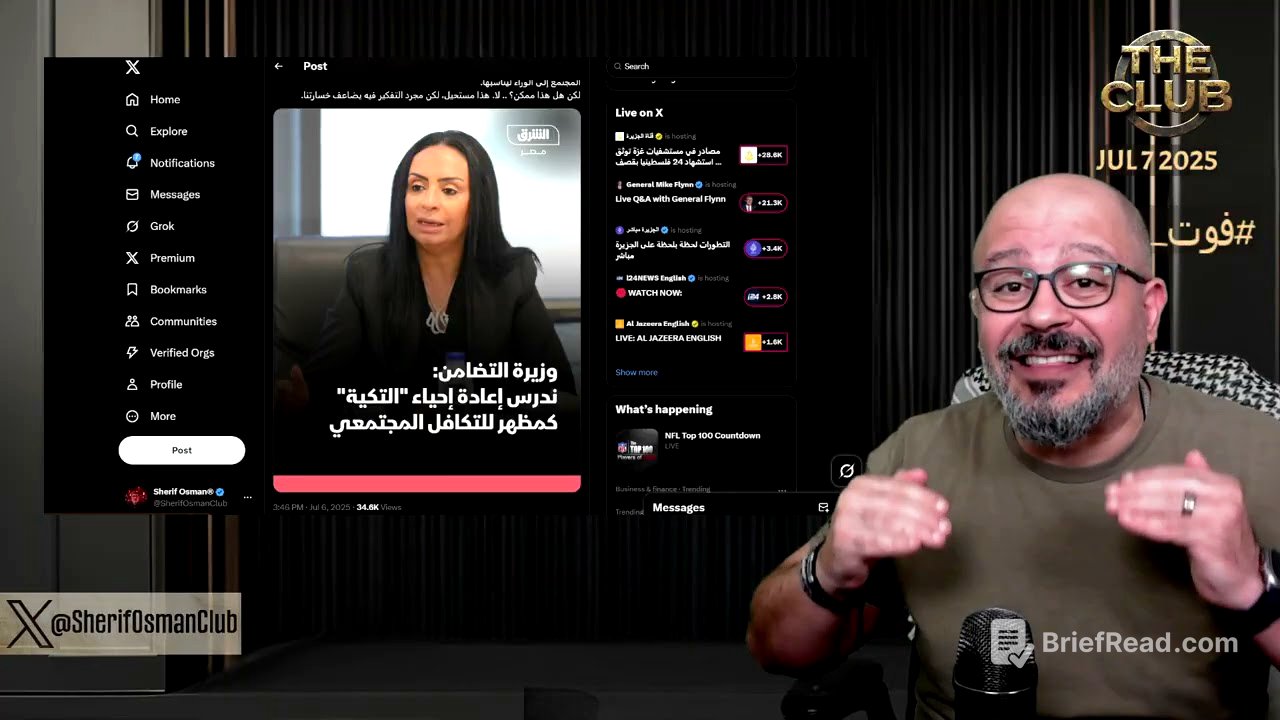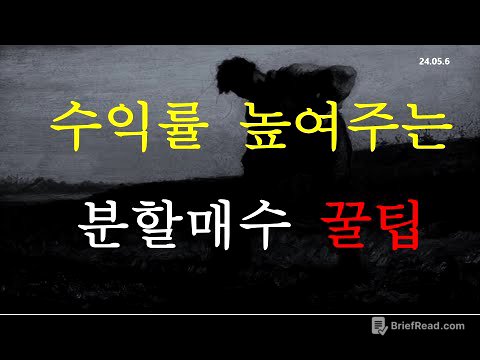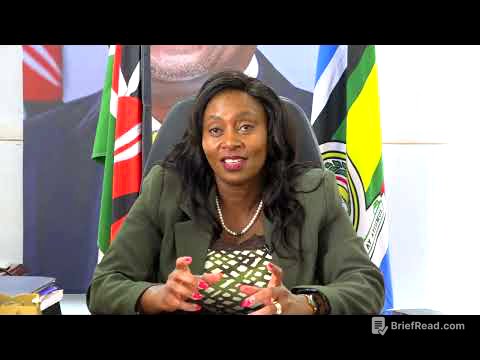TLDR;
This video discusses several critical issues in Egypt, including the upcoming September 5th protest, the burning of the Ramses switchboard, the revival of Tekkes due to increasing poverty, and the imprisonment of Osama Morsi. The speaker calls for unity among civilians against military rule and highlights the importance of standing against injustice.
- Call for civilian unity against military rule.
- Discussion of the Ramses switchboard fire and its implications.
- Criticism of the government's policies leading to poverty and the revival of Tekkes.
- Emphasis on standing against injustice, regardless of political affiliations.
Intro [0:01]
The speaker begins by stating that the current regime in Egypt is nearing its end, emphasizing the need to overthrow military rule. He references the upcoming September 5th protest, encouraging people to participate by praying at home as a form of collective action. The speaker asserts that the military institution should be under civilian control.
Ahmed El-Mansi [0:40]
The speaker commemorates Ahmed El-Mansi, who was martyred eight years ago, but also notes that there are previously unmentioned details about his death related to arms trade. He claims that Mahmoud Al-Sisi ordered his liquidation, carried out by Al-Arjani. The speaker promises to release a second video with more details about Ahmed Al-Mansi's death and the reasons behind it.
Ramses Switchboard Fire [2:41]
The speaker discusses the fire at the Ramses switchboard, emphasizing its importance in Egyptian communications and its role in military intelligence operations. The Ramses switchboard is used for intercepting landline communications and spying on citizens, housing an office for the Signal Corps, which is under the Military Security Authority. The speaker questions whether the functions of the Ramses exchange have been moved to a new location in the administrative capital, given Sisi's centralization of control over essential services.
Social Media Reactions to the Fire [7:16]
The speaker reviews social media reactions to the Ramses switchboard fire, showing images and comments about the extent of the damage. He notes the lack of adequate response from the civil defense and questions whether the government is concerned about potential strikes on such a vital location. The speaker reiterates that Egypt’s internet, networks, and ITM are all in the Ramses exchange.
Minister of Solidarity and the Revival of Tekkes [11:28]
The speaker transitions to the Minister of Solidarity's consideration of reviving Tekkes (soup kitchens) as a manifestation of social solidarity. He interprets this as an admission by the government that the country has been impoverished to the point where people need Tekkes for food. The speaker quotes Dr. Ammar Ali Hassan, who notes that Tekkes were used in the Middle Ages to feed the hungry, highlighting the regression in Egypt's social and economic conditions.
Call to Action and Civilian Unity [14:49]
The speaker urges people to take action against the tyrannical regime, calling for a collective negative protest on September 5th by praying at home. He emphasizes the importance of civilian unity against military rule, stating that the term "civilian" should unite people regardless of their political or religious affiliations. The speaker encourages civilians to organize and apply pressure on the regime in a safe and polite manner.
Osama Morsi and Injustice in Prisons [17:39]
The speaker addresses the issue of Osama Morsi, the son of the late President Mohamed Morsi, who has been detained since 2016 and is currently on a hunger strike. He highlights that Osama Morsi is just one of thousands of detainees in Sisi’s prisons who are being deprived of their basic rights. The speaker emphasizes that injustice must be opposed, regardless of the victim's background or political beliefs, and that the prisons are filled with people from all segments of Egyptian society.
Concluding Remarks [20:34]
The speaker references Ali Bakri's comments about leaving the old capital to burn and moving to a new capital of silence. He summarizes the main topics discussed, including the Almaza Central, Ahmed Mansi, and the importance of knowing who killed his father. The speaker concludes by outlining five actions for viewers to take, including subscribing to the channel, activating the bell, liking or disliking the video, leaving a logical comment, and tuning in for the live broadcast.









